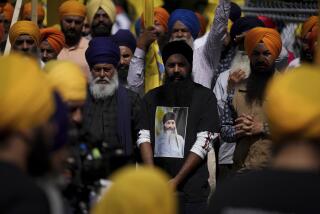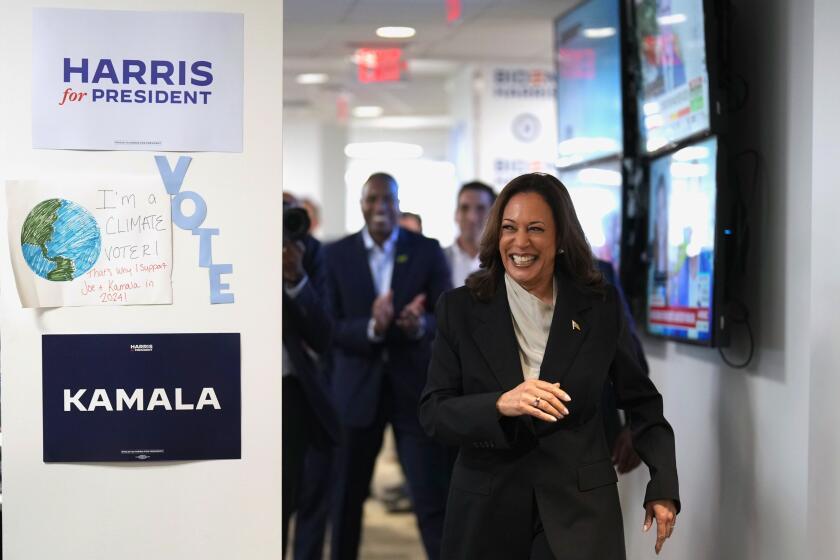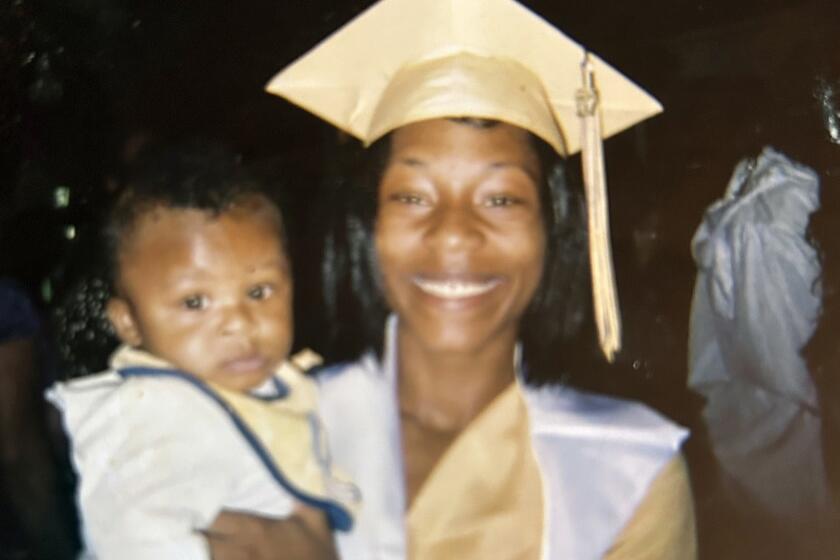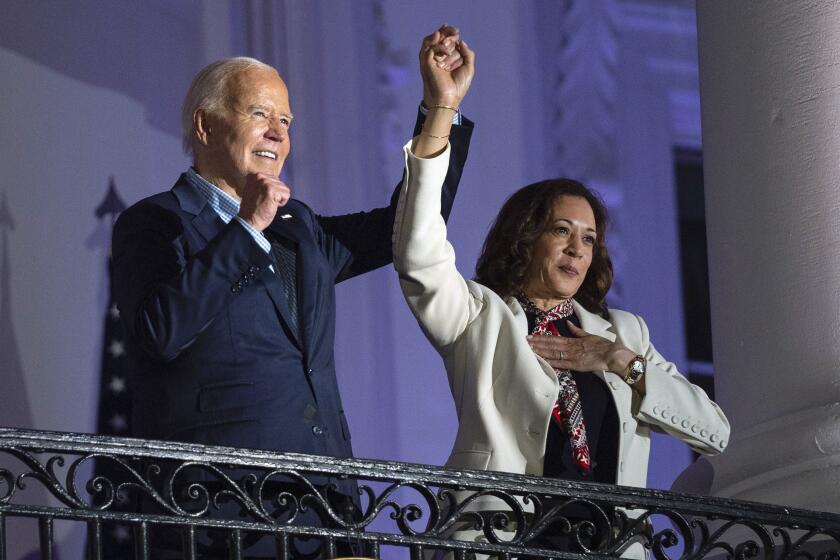India, Pakistan foreign ministers meet to reduce tensions
The foreign ministers of India and Pakistan met Wednesday for the first time in a year in a fresh attempt to reduce tension and reverse the slide in relations that followed a terrorist attack on this city in 2008.
The meeting in New Delhi between Pakistani Foreign Minister Hina Rabbani Khar and Indian Foreign Minister S.M. Krishna saw no breakthroughs, although both sides framed the session as a step on the road to enhancing trust between the two longtime rival nations.
“While being fully cognizant of the challenges that lie ahead, I can confidently say that our relations are on the right track,” Krishna told reporters after the meeting.
Just how elusive that trust is between the wary nuclear-armed neighbors, however, was evident almost as soon as the ink dried on a vague joint statement, as the Indian news media slammed Khar for meeting shortly after her arrival with separatists seeking to end Indian control over part of Kashmir.
“I think this is an example of the Pakistani gamesmanship we’ve been subjected to for so many years,” said K. Shankar Bajpai, an analyst and former Indian ambassador to Pakistan.
The talks are a resumption of meetings held before the November 2008 attack that killed about 170 people in Mumbai, which India says was masterminded by militants on Pakistani soil. Islamabad has vowed to bring to justice anyone responsible, but the case has made little progress.
India and Pakistan have waged three wars since the end of British colonial rule in 1947, two of which involved divided Kashmir.
Above and beyond the politics, Indian news media have been fairly taken by Khar, 34. “Pak puts on its best face,” said a headline in the Times of India, while the Mumbai Mirror tabloid joked that a “Pak bomb lands in India.”
Among the measures agreed to Wednesday was to increase to four days a week, from two, on which businesspeople across divided Kashmir are allowed to trade.
The measure also includes more religious and tourism exchanges, regular bus service across the line of control, the de facto border between Indian-held and Pakistani-controlled parts of Kashmir, and vague pledges to continue dialogue, allow more sports tournaments and halt hostile propaganda.
Shakeel Qalander, a furniture maker and past president of the Federation of Chambers of Industries in Kashmir, welcomed the tepid steps but said they didn’t go far enough.
“I’m afraid this is a halfhearted approach by the two ministers,” he said.
In particular, the business community across the Kashmir divide hoped trade would be allowed on a cash basis, rather than the hamstrung current system of barter, he said. And it wants an expansion of trade beyond the 21 narrowly defined products allowed, to include everything produced by both sides.
“It’s all been frustrated since the Mumbai attack,” he said. “Traders want business to go on. Trade has the potential to build confidence.”
Ram Kumar Tiwari, a Mumbai taxi driver who survived the siege of India’s financial center, welcomed the easing of tensions but said he held out no great hope.
“Talking is better than fighting,” he said. “But we’ve been talking for so long and nothing ever improves. Every few years there’s another attack, which makes it very difficult to have peace.”
Anshul Rana in The Times’ New Delhi bureau contributed to this report.
More to Read
Sign up for Essential California
The most important California stories and recommendations in your inbox every morning.
You may occasionally receive promotional content from the Los Angeles Times.






